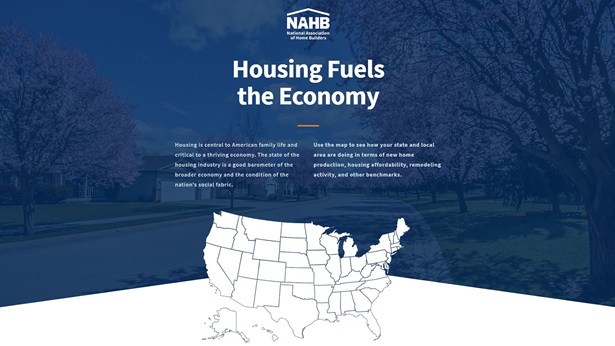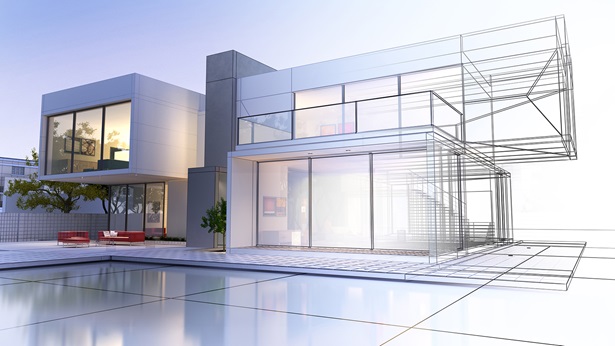Log Homes: Benefits, Trends and Styles
Because log homes are synonymous with America’s pioneering roots, they are more than just a type of construction — they conjure an emotional reaction and nostalgia for a simpler time in a way that no other form of housing can.
Seven presidents have been log cabin residents — most notably Abraham Lincoln. However, a log home can be more than a simple cabin. Today’s log homes can be as complex, versatile and luxurious as your imagination allows. With hundreds of log home producers in the U.S. and Canada vying for business, when it comes to design, the sky’s the limit for today’s consumer. There are two distinct kinds of logs that make up most homes today. Milled logs that are precut to fit a particular home design are the most popular choice, with 90% of homes constructed with this technique. The other 10% use handcrafted logs, which are debarked and cut into the right size and shape by hand. While logs from a mill can be identified by their uniform shape and size, handcrafted logs will vary, giving them that signature rustic appearance.
Kind to the Environment and the Wallet
What many don’t realize is that log home construction is also one of the most efficient ways to build. For example, log home construction earns points for certifying to the ICC 700 National Green Building Standard for the many ways it saves energy and protects the environment.
Full logs are one of the greenest ways to build. Waste is kept at a minimum during the milling process since manufacturers use all portions of the log. The wood that isn’t used for the home is made into mulch or wood scraps that become the raw material used in carvings and other home products. And the log home manufacturing industry is a staunch supporter of reforestation, typically funding the planting of an average of six trees for every one they fell.
Log homes can be sold as kits or packages with the bulk of building materials delivered at one time. This method reduces fuel costs and carbon emissions compared to traditional site building. Additionally, pre-cut log home packages go up quickly and leave less waste on the job site than conventional construction.
From a livability perspective, modern log homes are highly energy efficient when constructed and sealed properly. Full log walls have something no stick-framed home can claim — thermal mass. Like a stone that’s been left in the sun for a few hours and then brought indoors, logs soak up the heat energy during the day and release heat slowly and evenly, using less energy over the life of the home.
In the winter, thermal mass can help reduce heating bills significantly. In the summer, the conditioned air inside the home doesn’t pass through the logs easily and stays right where it should, ensuring the comfort of those inside. In fact, homes built with solid log walls are typically 2.5% to 15% more energy efficient than standard stick-frame construction, according to an NAHB study.
And finally, if off-gassing and living among manmade materials are a concern, you won’t have nearly as much of that in a log home. These houses are about as natural as you can get. And they are as striking as they are efficient.
NAHB Log and Timber Homes Council
If a log home is something you’ve dreamed of and you’re ready to take the plunge into homeownership, you’d do well to choose a member of the Log and Timber Homes Council (LTHC) to craft your wood sanctuary.
LTHC members hold themselves to the highest standard of quality, service and safety. They subscribe to a rigorous code of ethics, utilize a third-party inspection program to evaluate each timber for its structural integrity and placement within the home, educate builders and buyers on log home construction, and invest time and money into research that keeps the industry on top of the latest codes, standards and product advancements.
View our directory for a listing of current LTHC members, and for addition consumer information, visit loghomes.org.
Free E-Brochures
More information about log homes is available. Once you have completed the form, you will have access to our library of downloadable e-brochures in PDF format. The BSC staff and our membership will send additional information to you in the future about the systems of interest to you.



